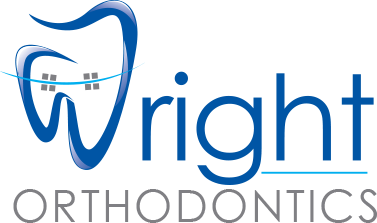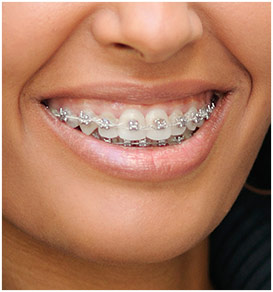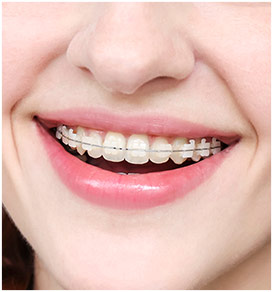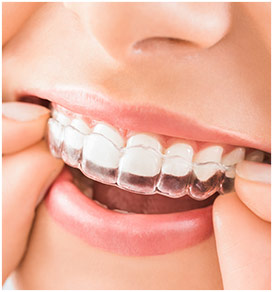![]() o, you’re interested in getting braces. Did you know there are more than one or two types of braces you can choose from? At Wright Orthodontics, we offer a variety of different braces options for our patients, so they can get the treatment they desire without having to sacrifice their desired look or timeline. Let’s go over each treatment option and the best options for those on a budget.
o, you’re interested in getting braces. Did you know there are more than one or two types of braces you can choose from? At Wright Orthodontics, we offer a variety of different braces options for our patients, so they can get the treatment they desire without having to sacrifice their desired look or timeline. Let’s go over each treatment option and the best options for those on a budget.
Metal Braces
Metal braces are what our patients typically think of when they think of braces. Characterized by the use of metal brackets and a silver wire running along the teeth, metal braces are the most popular among our younger patients for a few good reasons. Not only are metal braces more affordable than other treatment options, but they are also one of the most durable braces a patient can receive. This means you don’t have to worry about maintenance as often as you would with alternative options.
Ceramic Braces
Ceramic braces are the first alternative we offer that is most similar to the traditional metal braces we all know. Ceramic braces also require the use of brackets and a wire, but they tend to be more discrete. Instead of metal brackets, ceramic braces use brackets that more closely match the natural color of your teeth. Using a durable clear wire also aids in the illusion of not having braces at all. Ceramic braces are a great option for adult patients who require braces but want to maintain a more professional look.
Lingual Braces
Lingual braces are the most different alternative treatment that you may find. Lingual braces are similar to metal braces, however, the metal brackets are bonded to the backside of the teeth rather than the front. This creates a much more discrete appearance among our patients who wish to shift their teeth on the sly. That being said, lingual braces are difficult to care for and a little more expensive than our more traditional options.
Invisalign®
Invisalign® aligners have taken the orthodontic world by storm over the past several years. These invisible aligning trays are custom-fitted to your teeth and jaws, allowing you to shift your teeth gently over time without the appearance of bulky metal braces. Invisalign® is a popular choice among adult patients who wish to improve their smile without disrupting their current appearance.
What if I Can’t Afford Braces?
If you’ve thought about receiving orthodontic treatment in the past but stopped because of pricing, look no further than treatment with Wright Orthodontics. We understand that everybody has a different financial situation, which is why we’re proud to offer affordable treatment plans with flexible financing options that allow you to pay for your braces at your own pace.
If you’re interested in learning more about when or how to get started with your orthodontic treatment, we encourage you to contact us and set up your private consultation with Dr. Wright. He’ll be happy to sit down with you, listen to your concerns, evaluate your teeth, and develop a personalized treatment plan to help you get a smile you can be proud of.
